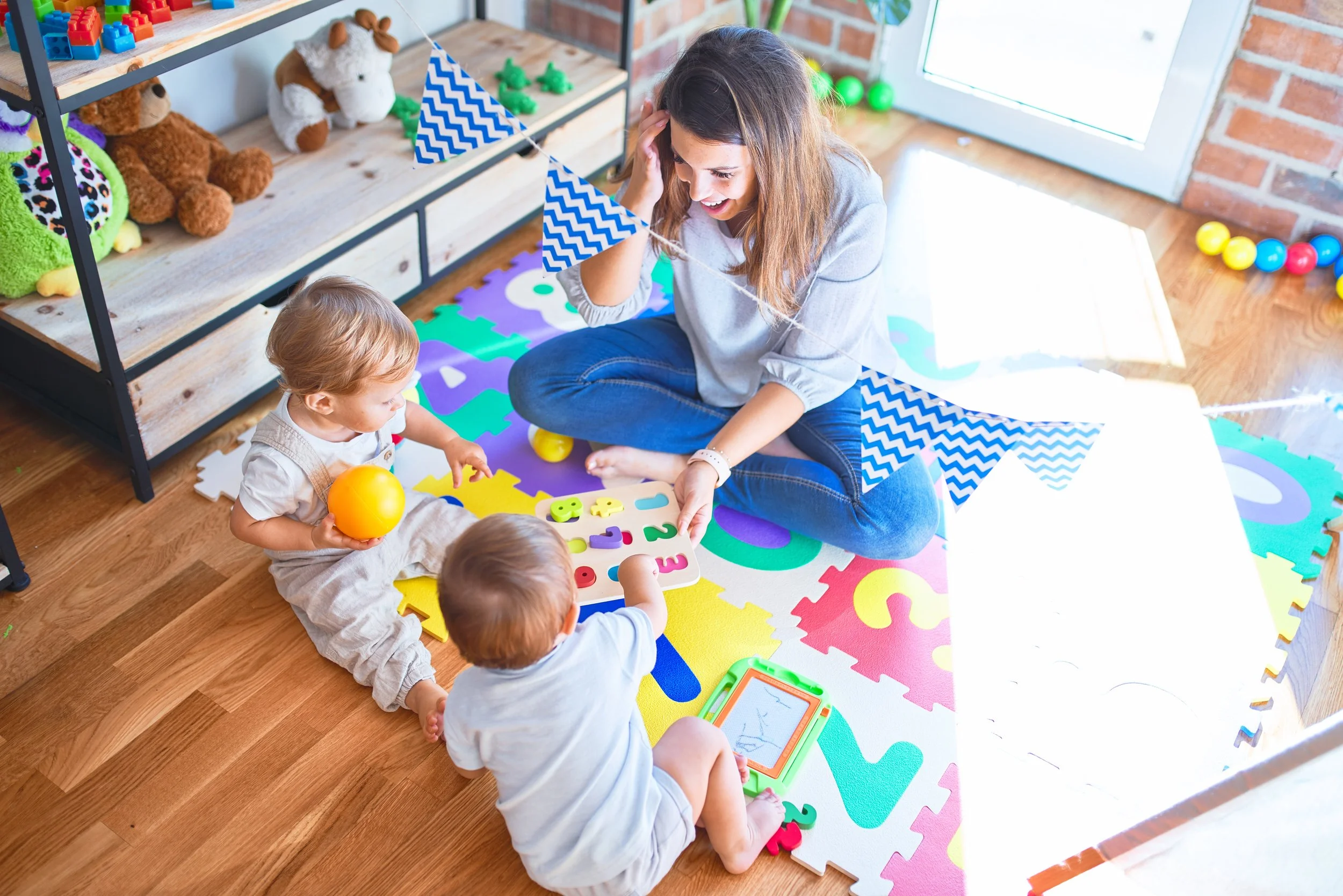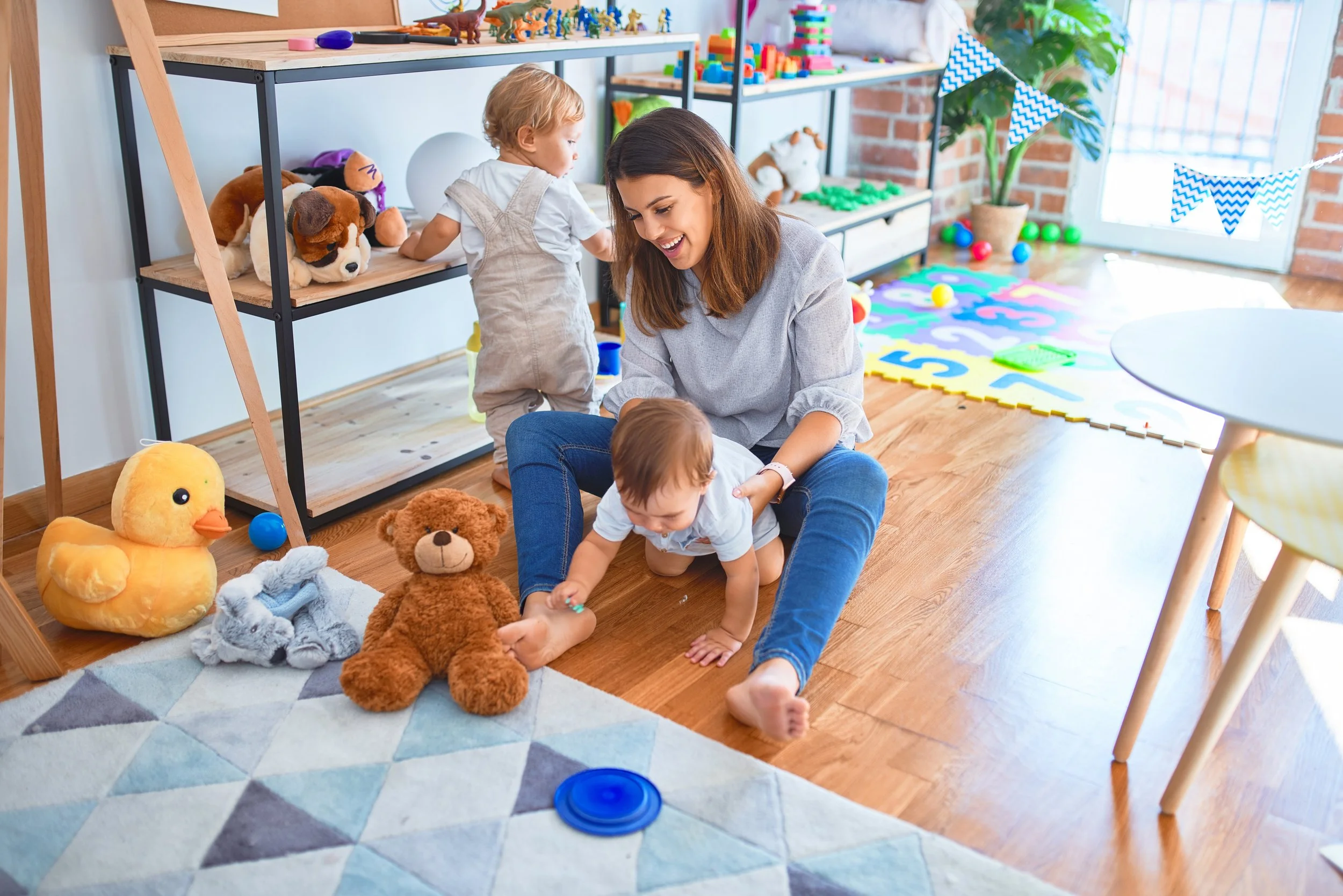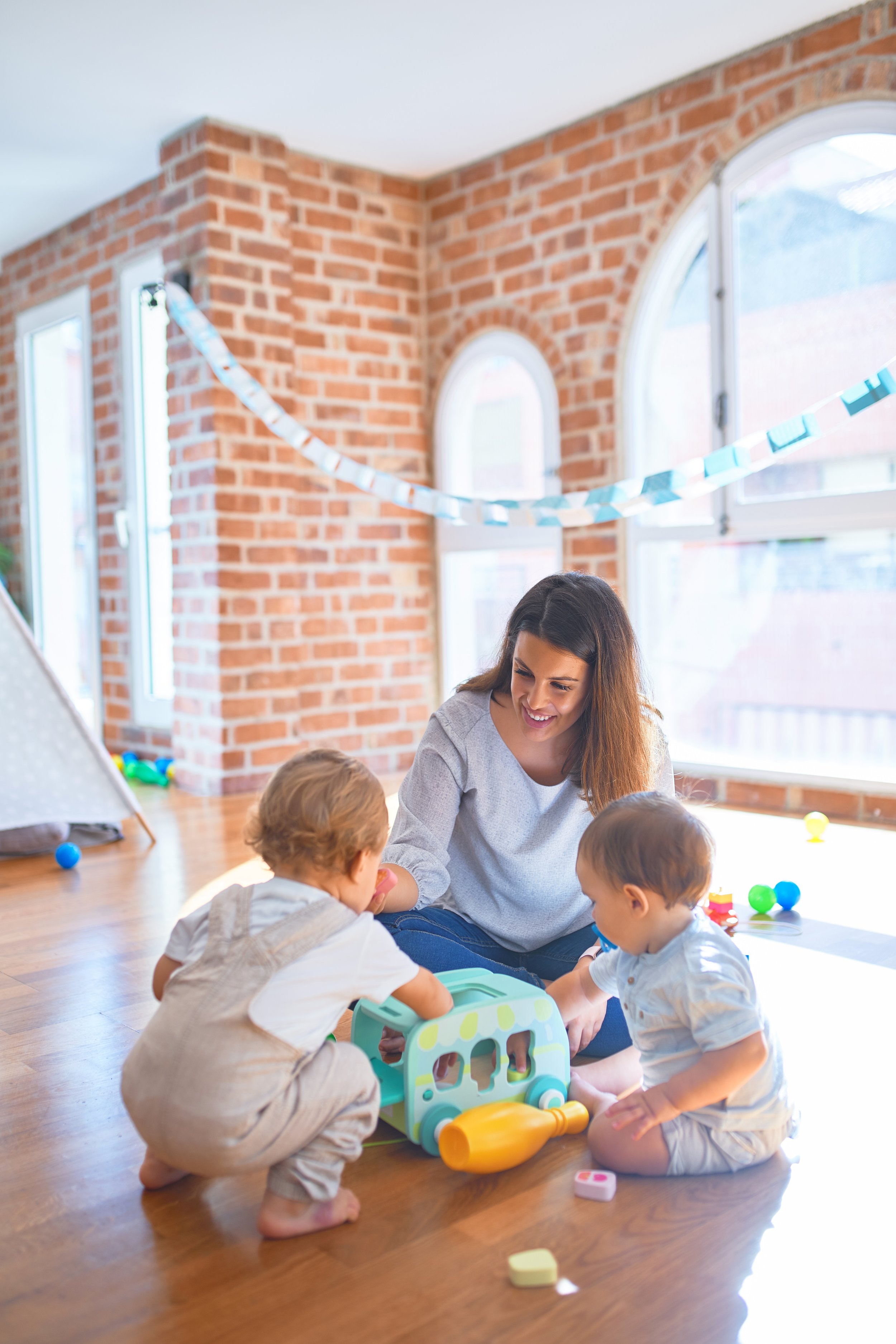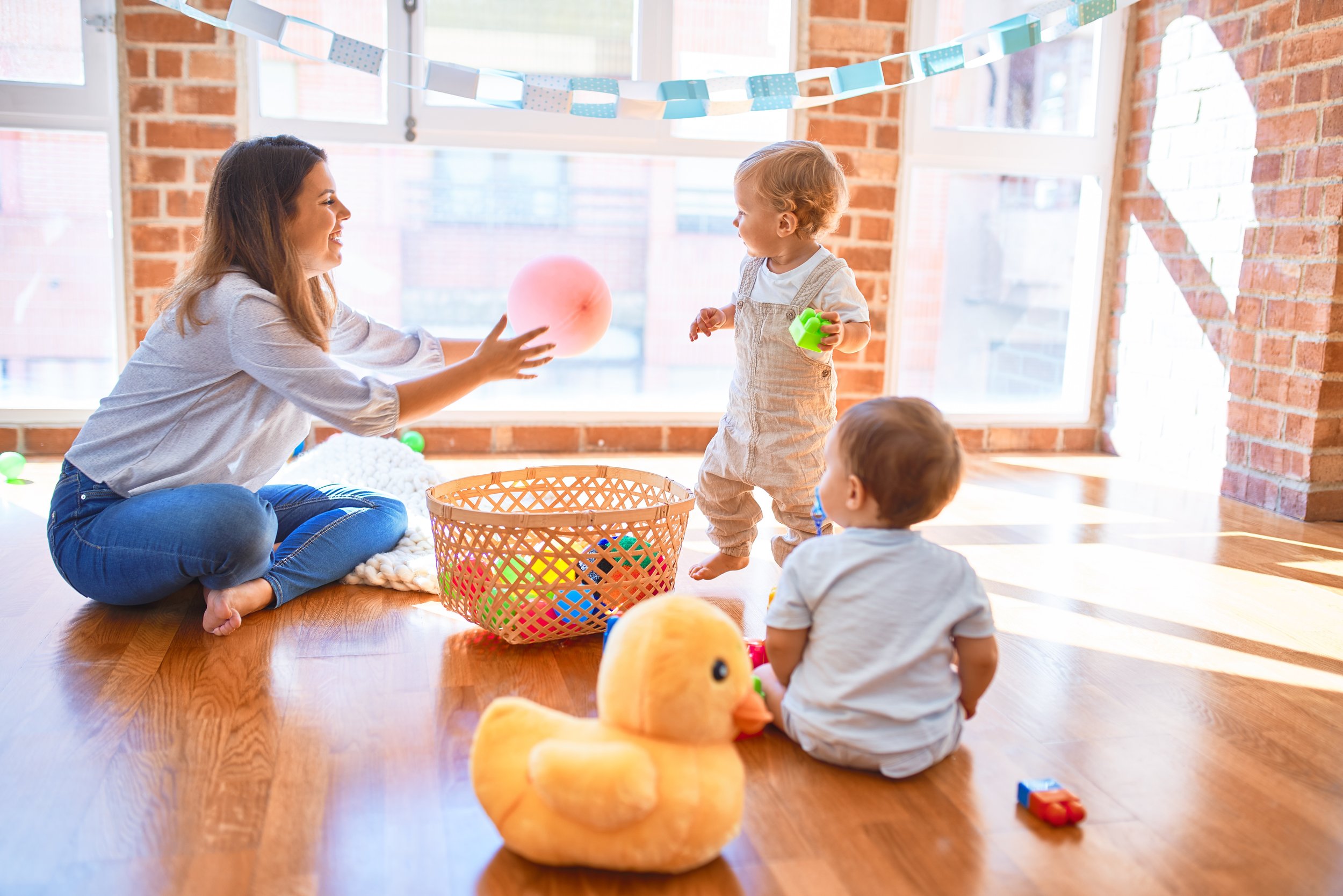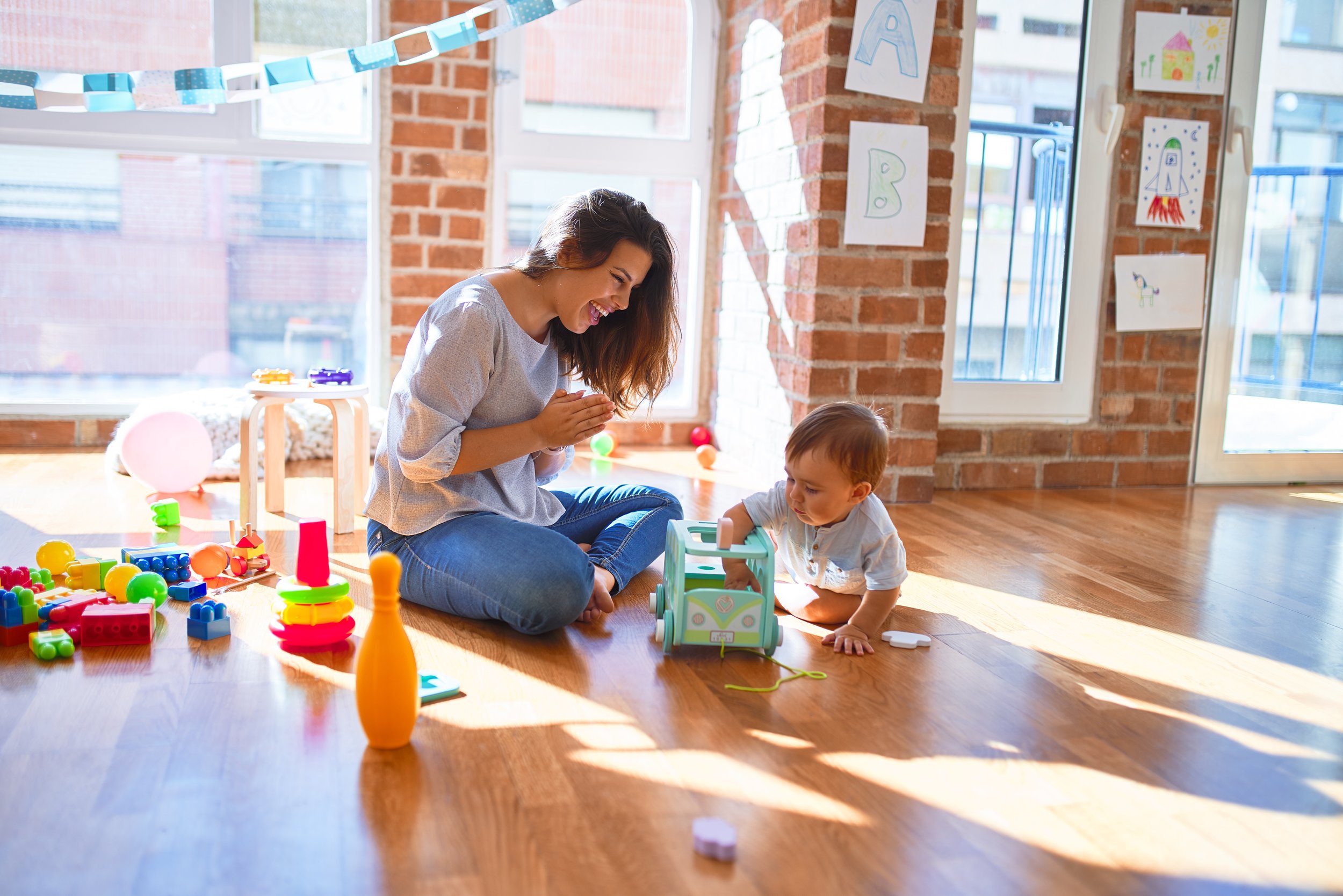The Do’s and Don’ts Of Home Speech Therapy Toddler Activities
I’m practicing speech at home, but how do I know if I am doing it right?
We are all our biggest critics! If you are practicing speech at home, you deserve to pat yourself on the back.
But I’m sure you still want to know if you are doing it the best way or the right way?
Well, as a speech therapist, I would argue that there is no best way or right way to do therapy. That’s because different strategies are more impactful for different children. And different children learn better in some speech therapy activities for toddlers compared to others.
However, there are some particular habits to avoid when it comes to teaching your child new speech and language skills at home, and that’s what this post is all about.
It’s important because we know learning to talk is a marathon, not a sprint. We want you and your child to enjoy learning speech at home and avoid burning out.
After learning about the Do’s and Don’ts of speech therapy activities for toddlers, I want to share some of my favorite speech therapy games to play with toddlers.
The Do’s and Don’ts Of At Home Speech Practice
When To Practice
DO - Do practice at a time when your child is routinely rested, pleasant, and well fed. Think about the time of day that your child is most cooperative on a consistent basis, and create a routine of practicing speech then. This is important because your child will learn new skills when you have their attention and they are having fun. Playing a game, like Peek-A-Boo or playing with cars, for speech therapy with toddlers is one of the best ways to keep them attentive and engaged.
DON’T - Don’t practice when your child is overly tired, upset, sick, hungry, or in need of a diaper change. All of these things make it hard for young children to learn because it makes it harder for them to pay attention and have fun during your practice.
How Long To Practice
DO - Do practice for as long as your child is having fun and paying attention. For young children that usually means practicing for 10 to 30 minutes at a time and not longer. Practicing for shorter periods of time is a good idea because it usually means more quality practice over more consecutive days than if you were to try to practice a few hours each day.
DON’T - Don’t practice for more than about 30 minutes at a time. And don’t continue practicing speech if your child has become upset and you can’t quickly calm them down. It’s unlikely that your child will learn speech and language skills when they are upset.
**When appropriate, other developmental specialists will support attention and play skills in young children to help prepare them for speech therapy. It’s important for your child to have fun playing with you before you practice specific speech skills at home.
What To Practice
DO - Do pick one or two specific things to teach at a time. As parents and speech therapists, we are better teachers when we focus on just one or a few skills at a time. Plus, you’ll likely notice progress faster if you're paying attention to less things.
DON’T - Don’t try to do everything at once. While it’s tempting, it’s never a good plan. Here we can think about the parable of The Tortoise and the Hare. Practicing one skill at a time will likely get you to your goals faster than rushing to practice everything at once :)
Having A Plan
DO - Do think of a few options for your at home speech practice. For example, you could be ready to practice during a book, playing with a truck, or building a block tower. Thinking of a few options ahead of time can help you get in practice when things don’t go according to plan A.
DON’T - Don’t worry about practicing during one particular activity. You can build speech and language skills during any activity your child enjoys! Better to abandon your plan and have fun!
What To Look For When You Practice
DO- Do look and listen for your child to communicate in the way they already know how. In the beginning you may have to show them how to communicate in a new way 10 or 100 times before they try it on their own. And once they’ve learned a new way, you’ll be looking for them to communicate in both the new and old ways.
DON’T- Don’t look or listen for your child to communicate in a new way the first time you sit down to practice (although they could surprise you!). Understanding that it might take a week or more to learn a new skill helps avoid disappointment or feelings of not doing it right if your child doesn’t learn right away.
So here’s our list of great habits for at home speech & language practice:
Practice when your child is in a good mood
Practice for shorter more frequent periods of time (10-30 minutes a day)
Learn one (or two) new skill at a time
Think ahead of a few activities you could use for practice - Remember, any activity can be a toddler speech therapy activity!
Look and listen for your child to communicate in new ways after they’ve had days of practice (although they might pick up new skills more quickly)
Now let’s talk about my favorite games to play with your toddler when you are practicing speech therapy at home
When it comes to practicing speech at home, you can turn anything into a game. I want to share with you some of my favorite made-up games for toddlers that are great for practicing speech therapy at home.
My hope is that you’ll see there is no right or wrong and you’ll be excited to make up your own speech therapy games using your toddler’s favorite activities.
The Dumping Game
This may be my favorite of all toddler speech therapy games because you can play it with anything and you get tons of practice with new words.
Toddlers love putting things in and dumping them out! For the dumping speech therapy game, we are going to use different items to fill up a basket, bucket, bag, or container with and then dump them out. The trick is to pick an item(s) to fill your bucket with that you want your child to learn the name of.
For example, if you want to teach your child the word “spoon” you could get all the spoons from the kitchen (big mixing spoons, and noisy metal spoons). Fill up your container with spoons and say “Spoon” every time you put one in and talk about those spoons when you dump them out.
Pro tip: I know this might feel torturous at first, or you might feel exhausted by saying the same word so many times over. I get worn out by narrating everything too! I always find it helpful to set a 5 or 10 minute timer on my phone and I commit to saying the word (“spoon” for example) as many times as I can in those 5 minutes. Once the timer goes off, I’m free to go back to talking normally.
2. The Laundry Sorting Game:
Including your toddler when you are folding your laundry is a great way to practice speech and language! Your clothes may have a few more wrinkles, but your toddler may also learn some new words!
As you fold the laundry, have your little one sort the clothes by putting them into piles based on who the clothes belong to. Talk about the items as they place them into each pile, “Mama’s socks.” “Daddy’s socks.” “Bodhi’s socks.” Laundry is the perfect activity because everyone will have multiple socks, undies, shirts, etc. and you will have tons of opportunities to repeat the same words over and over. This repetition is what helps little kids learn new words!
Now, you might be wondering how laundry could possibly be a game. The cool thing about little kids is that they generally get excited about what we are excited about. If you act like laundry is fun and get excited while they are sorting clothes into piles it can be the most fun game ever!
Pro tip: If your toddler puts the clothes in the wrong pile, you can blame it on the clothes rather than making your child wrong. It might sound like this, “Silly socks! You are Bodhi’s socks. Go in Bodhi’s pile, not Daddy’s.”
3. The Copy Cat Game:
Toddler’s have great imaginations and they often like to be in charge. One of the most fun games you can play with your toddler to practice speech therapy at home is the Copy-Cat Game, where you copy whatever they do and talk about it.
This is a great speech therapy game because you are following your child’s attention. When you are both paying attention to the same thing you have loads of opportunities to talk about whatever it is that you’re both doing. And we know that attention is a key ingredient for learning new skills! So when you talk about what you are doing as you’re doing it, it’s more likely for your little one to understand or say a new word.
I know the Copy-Cat game may sound overly simple, but I think it’s a great reminder not to underestimate the power of “the little things” in making a big impact on your toddler’s learning!
Here are some other questions that parents ask about speech therapy toddler activities:
What are some language activities for toddlers?
The truth is that every activity is a language activity for toddlers! They are always listening, watching, and learning from the world around them.
If you are looking to pick one or a few activities for dedicated at-home speech and language practice time, I always recommend your daily activities. Here are some daily activities you may choose for practice:
Getting dressed
Brushing your teeth
Bath time
Snack time, breakfast, lunch, or dinner
Carpool
Going for a walk
Feeding the dog
Every daily activity can be a language activity for your child. And daily activities are the best because you can be sure to practice day after day; it is the repeated daily practice that will help your little one learn new words and language skills.
How do I help my 2-year-old with speech therapy?
The best way to help your 2-year-old with speech therapy is to practice a little bit every day. Research has shown that 10-30 minutes of daily practice at home can significantly improve a child’s ability to learn new communication skills and build their vocabulary.
How can I help my toddler with speech therapy at home?
The key to helping your toddler with speech therapy at home is to find a practice activity they enjoy. When toddlers are having fun they are paying attention, and we know that attention is essential for learning new skills. Here at Toddler Talk, we also provide online speech therapy for toddlers.
Finding ways that you can teach your toddler speech skills at home during activities they already like is the best way to help with speech therapy at home. To learn more about how you can use everyday activities to teach your toddler speech and language skills, check out our free Foundations of Speech Course: Start Now!
Written by: Stephanie Keffer, MS CCC-SLP
© 2020-2025. Stephanie Keffer Hatleli, MS CCC-SLP. All Rights Reserved.The content offered on ToddlerTalk.com is for informational purposes only. Toddler Talk is not engaged in rendering professional advice, whether medical or otherwise, to individual users or their children or families. No content on this site, regardless of date, should ever be used as a substitute for direct medical advice from your doctor, speech language pathologist, or other health professional. By accessing the content on ToddlerTalk.com, you acknowledge and agree that you are accepting the responsibility for your child’s health and well-being. In return for providing you with information related to home speech and language practice, you waive any claims that you or your child may have as a result of utilizing the content on ToddlerTalk.com.



